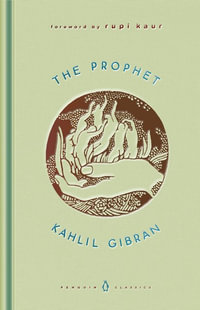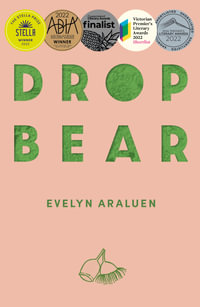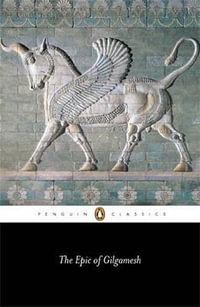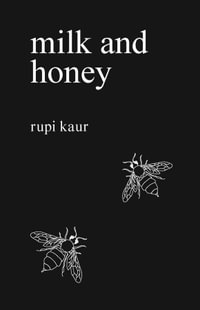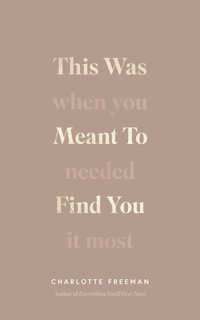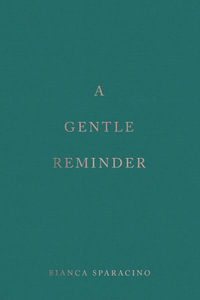Kim Moore, in her lively debut poetry collection, The Art of Falling, sets out her stall in the opening poems, firmly in the North amongst 'My People': "who swear without knowing they are swearing - scaffolders and plasterers and shoemakers and carers - ". 'A Pslam for the Scaffolders' is a hymn for her father's profession. The title poem riffs on the many sorts of falling "so close to failing or to falter or to fill". The poet's voice is direct, rhythmic, compelling. These are poems that confront the reader, steeped in realism, they are not designed to soothe or beguile. They are not designed with careful overlays of irony and although frequently clever, they are not pretentious but vigorously alive and often quite funny. In the first section there is: a visit to a Hartley street spiritualist, a train trip from Barrow to Sheffield, a Tuesday at Wetherspoons. The author's experience as a peripatetic brass teacher sparks several poems. The lives of others also feature throughout, including a quietly devastating central sequence, 'How I abandoned My Body To His Keeping': is the story of a woman embroiled in a relationship marked by coercion and violence.
These are close-to-the-bone pieces, harrowing and exact. The final section includes beautifully imagined character portraits of John Lennon and Wallace Hartley (the violinist on the Titanic), as well as Jazz trumpeter Chet Baker and the poet Shelley and other poems on: suffragettes, a tattoo inspired by Virginia Woolf's A Room of One's Own, and a poetic letter addressed to a 'Dear Mr Gove'.
Industry Reviews
"Kim Moore is the most compelling poet under review because she is least afraid of the dark sounds speaking through her. She welcomes and invokes duende: the unworldly and worldly occupy the same verbal space. Her poetry is always out of the ordinary yet unshowy despite (or because of) her expert and subtle handling of line and form. The result: a balanced arrangement of wild gift and mindful shaping. Moore is also the poet most likely to communicate to people who do not read poetry - yet her work is in no way simple or charming. Much promise yielded, much beckoning for the future." - David Morley




